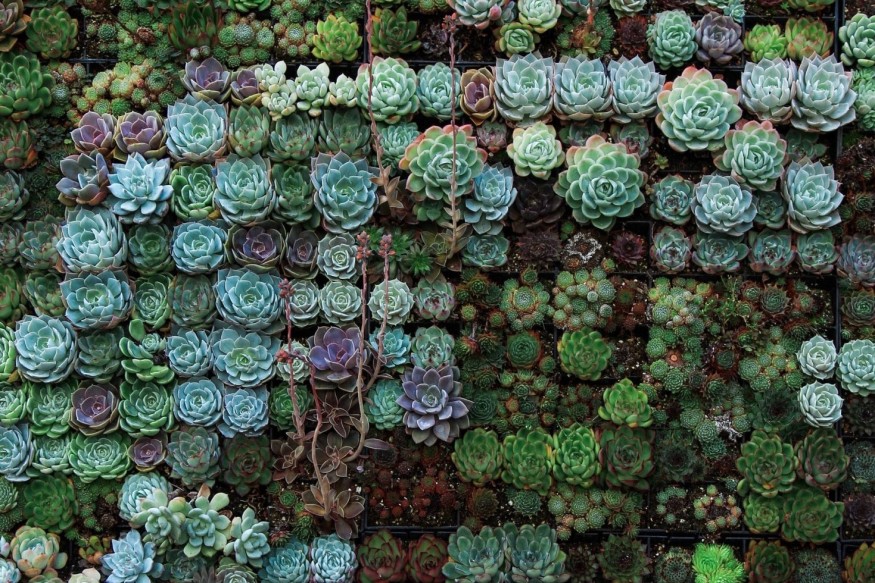
According to a study conducted by UK scientists, there is something known as "plant blindness." In this article, the scientists discuss the causes and cures as found in their research.
The condition known as "plant blindness" is brought on by a lack of contact with nature and may be cured by frequent proximity through pursuits like foraging for wild foods.
The study concludes that a lack of understanding and appreciation for local flora is not a characteristic of being a human, but rather results from insufficient time spent with plants. This leads to the common misconception that plants seem to be "less alive" as compared to animals.
To break the cycle of disparate plant awareness, researchers contend that people must be exposed to biodiverse environments and have their perceptions of plants' worth altered. Urban civilizations display well-documented plant blindness, which is a loss of enthusiasm for and awareness of plants when compared to animals, Industry Update reports.
Plant Blindness
People become more aware of plants, according to Dr. Bethan Stagg from the University of Exeter and Professor Justin Dillon from University College London, when they interact with them frequently and in ways that are relevant to their daily lives.
Between 1998 and 2020, 326 articles that were published in scholarly journals underwent analysis by researchers. The majority of studies revealed that people were more likely to be interested in, pay attention to, and remember information about animals.
Plant blindness was not proven to be a trait that people were born with; rather, the severely reduced contact with nature in urbanized societies appeared to be the problem's root. It could be avoided if people had regular exposure to plants.
According to the research, a decline in relevant prior experience with plants triggers a vicious cycle of inattention. Experiences with edible and practical plants in local environments can help with this.
According to studies, kids frequently think of plants as less superior to animals, especially when they're young, and struggle to recognize a wide variety of species.
Both teachers and students reported having different levels of plant knowledge, especially primary teachers without a science degree.
Urbanization Woes
According to studies, older people are more knowledgeable about plants because they are more likely to appreciate outdoor activities.
35 studies concluded that urbanization or modernization had a detrimental effect on plant knowledge. The usefulness of plant foraging was decreased by a greater dependency on urban services and a cash economy. The amount of time available to spend outdoors was reduced by work and school. These factors also decreased family time, which had a negative effect on verbally passing down plant knowledge to younger and older relatives.
Stagg said that instead of a cognitive barrier to the visual perception of plants, people who live in highly industrialized countries have a deficit in plant attention caused by a decline in relevant exposure to plants.
Due to their reliance on natural resources, rural residents of low-income and middle-income nations were more likely to possess a high level of plant knowledge. Interestingly, if communities still have direct exposure to biodiverse environments, economic development does not always result in the loss of this knowledge.
Wild Plant Foraging Benefits
She pointed out that the key is to show that there are some direct advantages of plants to people as opposed to indirect advantages stemming from their use in industry and pharmaceuticals or advantages to distant, traditional societies. Younger generations' level of botanical knowledge is directly correlated with how useful they think this knowledge is to them.
Stagg said that foraging for wild plants has a lot of potential in this regard, both as a way to introduce people to various species and as a way to link them to some "modern-day" health, cultural, and recreational uses, Sci Tech Daily reports.
The study by Stagg and Dillon was published recently in the journal Plants People Planet.
© 2025 NatureWorldNews.com All rights reserved. Do not reproduce without permission.





